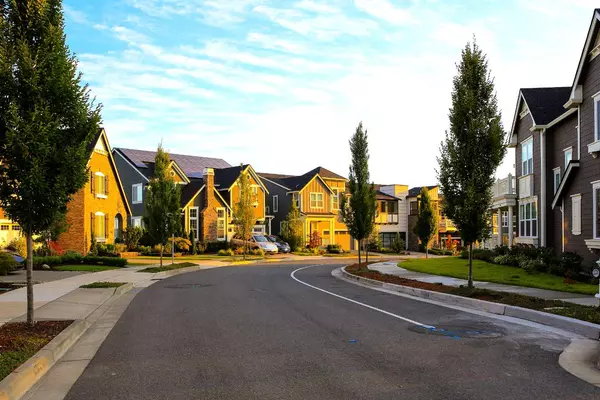
The Smart Way to Use Contingencies
When buying or selling a home, you want to make sure everything goes smoothly and that you’re protected from any surprises. This is where real estate contingencies come in! Contingencies are like built-in safety nets in a real estate contract, helping both buyers and sellers avoid unexpected proble

Spooky Glow: Boost Curb Appeal with Halloween Lighting
As the crisp fall air rolls in and the days grow shorter, it’s the perfect time to think about how to add a touch of spooky charm to your home’s exterior. Halloween lighting is a fun, yet effective way to enhance your property’s curb appeal while creating a welcoming, festive atmosphere for trick-o

Spooktacular Halloween Open House: Tricks to Wow Buyers
As the leaves turn and spooky season approaches, there’s a unique opportunity for real estate agents to add a little magic to their property showings. A Halloween-themed open house can be a memorable way to attract buyers, show off a home’s personality, and create a buzz around a listing. With the
Categories
- All Blogs (83)
- Credit & Mortgage Prep (6)
- First Time Home Buyer (14)
- Home Appraisal & Valuation (26)
- Home Buying (56)
- Home Selling (42)
- Luxury Homes (53)
- Market & Design Trends (1)
- Mortgage & Financing (4)
- Mortgage Rates & Trends (6)
- Renting & Leasing (3)
- Special Property Types (3)
- Staging & Home Prep (7)
Recent Posts










